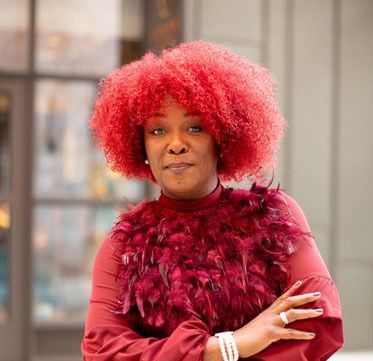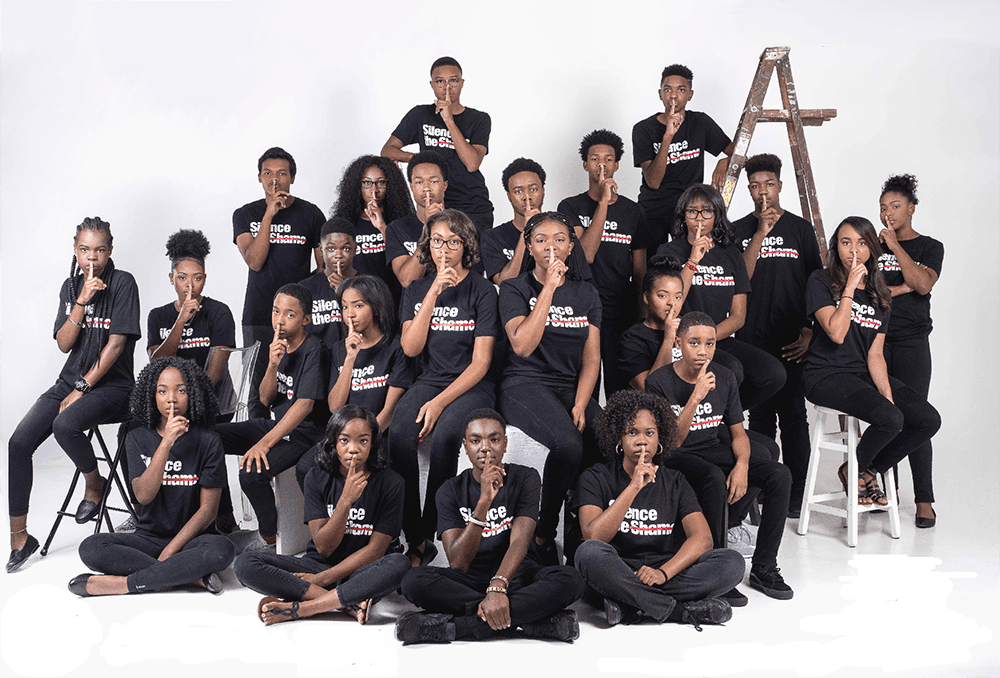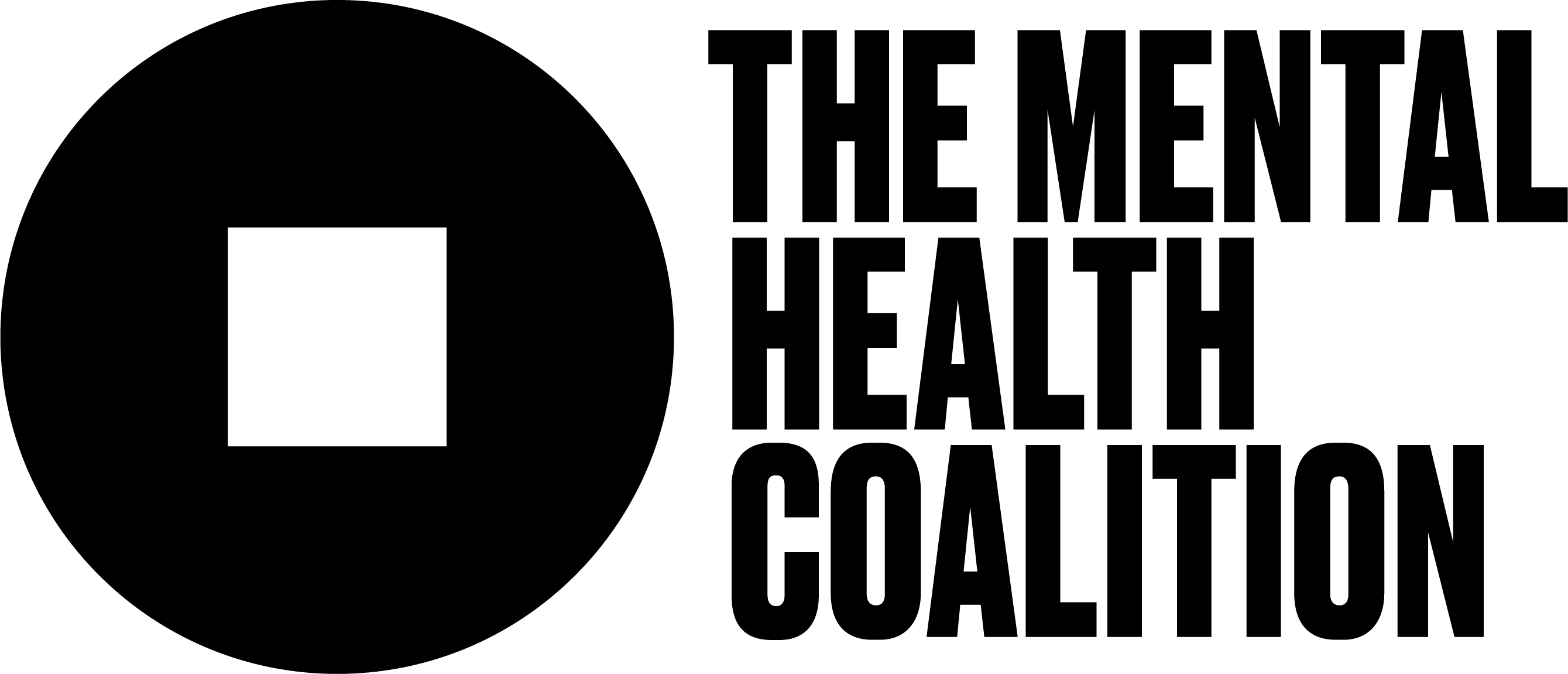
What inspired you to be a Therapist?
I was raised in an environment in which helping others was the standard. My paternal grandmother was a Girl Scout Leader for over 50 years, my father was always providing financial support and resources to those in need, and visiting the assisted living facilities was a regularly visited place; even though I had no relatives there. From the age of 8, my goal was to become a Prosecuting Attorney. I double-majored in Criminal Justice and Political Science at Florida A&M University was the president of the Hatcher Pre-Law Society and interned at the Leon County District Attorney’s Office. I matriculated to Mercer University’s Law School and on the first day, of the first class, I exited the class, and instead of buzzing with excitement as my peers did I expressed to my husband that I was in the wrong place. As both my husband and father attempted to convince me that I was experiencing “jitters” and nervousness surrounding my new academic environment, I continued to ponder where I was truly supposed to be, as I knew that I had stumbled onto the incorrect path. .I completed a semester of law school, all while diligently contemplating, my next move. I pondered those activities that I had participated in throughout my life, which included volunteering at a day treatment center for adults with developmental disabilities as a high school student and being a part of Big Brothers/Big Sisters while a student at Florida A&M University. I began to seek programs in the Macon area that seemed to be more aligned with my passions. In my quest to continue my education, I discovered a Masters of Mental Health Counseling program at Fort Valley State College that I silently applied to. In the fall of 1990, on the first day, of the first class, I exited the classroom full of excitement because I knew that I was finally on the right path for my life’s journey. Since that day, I have spent the past 24 years helping children, adults, families, and individuals by empowering them to problem solve and develop the skills necessary to help them to become their best selves.
How do you help someone find a therapist? (So many people say they don't even know where to start.)
I always recommend that individuals start with their insurance companies to avoid the out-of-pocket cost typically associated with the therapeutic journey. I also recommend that individuals contact their Human Resources Department at their employer to access EAP(Employee Assistance Program) benefits where the company pays for “brief counseling” at not out of pocket expense to the employee. Professional organizations such as the American Psychological Association or sites such as BetterHelp.com and Psychology Today are also resources that assist with locating therapists.
What are some easy and healthy coping mechanisms we can do since we are still in a pandemic?
I recommend the same strategies to my clients that are utilized for coping with grief in terms of surviving the pandemic because a “loss” of any type requires an individual to successfully maneuver the stages of grief in order to finally reach acceptance while maintaining good physical, emotional, and mental wellness and 2020 has surely felt as if we lost an entire year of what felt normal.
Tips for Coping:
Share your feelings. Express your feelings as they arise. Take time to cry, if needed. Share your feelings with others as they may be experiencing the same feelings you are. Mutual support can help you get through the grieving process. Find someone you trust. Talk with a family member or close friend about your grief. Talking about it will help you resolve your grief much quicker. Take care of yourself. Get enough rest and eat regularly. If you are irritable from lack of sleep or if you are not eating regularly, you will have less energy to cope. Make daily decisions. This will give you a feeling of control over your life. Know your limits. If a problem is beyond your control and cannot be changed, accept it. Maintain your daily routine. This will also give you a feeling of control over your life. Practice relaxation and meditation. Create a quiet scene. You can’t always get away from a situation, but you can visualize a quiet scene or a walk along the beach. Such visualization will temporarily remove you from your present situation. Create a pleasant environment. At home, in your office or car play soft background music. Surround yourself with things you like and enjoy. Take one thing at a time. At this time, any ordinary workload may seem overwhelming. Perform one task at a time until the project is completed. Allow extra time. If you usually plan half an hour to complete a specific task, schedule forty-five minutes to complete it. Do the best you can. Don’t be too critical of yourself. Take a break. Reading a favorite book or watching a favorite TV program will give you the break that you may need to relax.
10 years from now, what do you hope your biggest accomplishment will be in this field?
10 years for now, as an advocate for Mental Health and Wellness, I want to have a global platform that has allowed me to facilitate e “Crucial Conversations “ to remove the stigma associated with mental illness and mental wellness, particularly in communities of color. I would also like to see more adolescents having access to the support of the therapeutic process because its much easier to heal hurt children than to mend broken adults.














